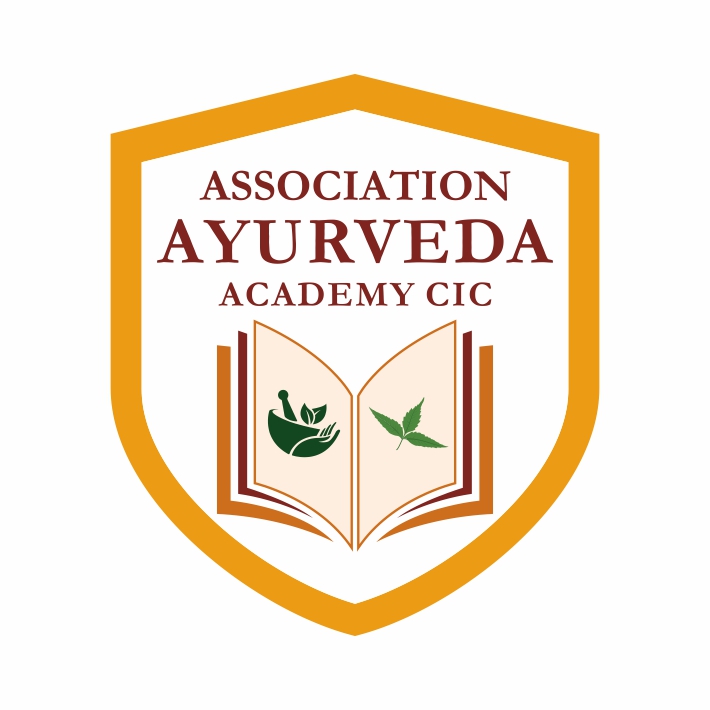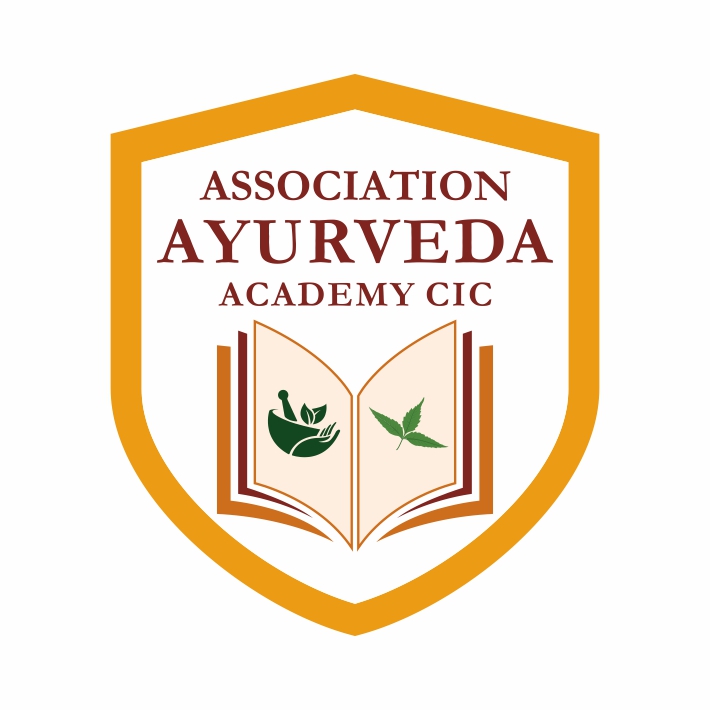FOURTH YEAR SYLLABUS
Ayurvedic Higher Diploma Courses
MODULE 17: PANCHAKARMA PART 1
9 days, 3 sessions- Introduction To Panchakarma, Panchakarma And Shodhana, Its Importance For Promotion Of Health, Prevention And Treatment Of Diseases
- Assessment of varied health and disease conditions for application of
suitable procedures. Applied aspects of pancha karma where applicable
with legality framework in UK and Europe for practice.
Panchakarma: bashti-matra, kashyabashti, Anuvasana Basthi
MODULE 18: PANCHAKARMA 2ND PART
9 days, 3 sessions.Vamana, Virechana.
SHALAKYA TANTRA (ENT & OPTHALMOLOGY)
- Shiro Roga (diseases of head)
- Importance and Superiority of Shira.
- Detailed study of Vataja, Pittaja, Kaphaja shirashoola(head aches), Ardhavabhedaka( Detailed study of Headachelike tension headache , Migraine its differential diagnosis and treatment)
- Detailed study of Rhinitis (Pratishyaya)& Sinusitis (dusta pratisysa)Epistaxis(nasagata raktha pitta) including their Etiology, pathology, clinical features differential diagnosis and medical management through Ayurveda.
- Detailed study of Etiology, pathology, classification, clinical features and management of – Pharyngitis, Laryngitis, Tonsillitis & Adenoiditis
- Ayurvedic management of vertigo and menieres disease
- Danta Roga (Dental Diseases) including dental carries and tooth decay.
- Diseases related ear like Pootikarna (ASOM AND CSOM) AND Bhadirya (hearing loss)
- Netra Samanya and Vishishta Chikitsa (diseases related to eye and their management through Ayurveda like retinitis and corneal ulceration (savarana shukla),refractory errors of eye (TIMIRA)AND optic nerve atrophyetc.
- Netra Kriya Kalpa.(Ayurvedic eye procedures like aschothana (eye drops), anjana (collyrium) sekha ,bidalaka and tarpana )
SHALYA TANTRA (SURGERY IN AYURVEDA)
( CONCEPTS OF AYURVEDIC PARA SURGICAL AND SURGICAL PRO-
CEDURES )
- Vrana – Nirukti and Prakara( Ulcer definition , Types and their man- agement),Ayurvedic management of non healing ulcers.
- Ayurvedic management of anorectal disorders like haemorrhoids ,fistula in ano and fissure in ano.
- Ayurvedic management of stones in kidney and gall bladder (Asmari)
- PREPERATION OF KSHARA (ALKALINE) and its clinical utility in Ayurveda
MODULE 19: RELATION WITH THE PATIENT
3days, 1 session- Understanding the concept of Chikitsa Chatushpada (Four Pillars of Treatment)
- Decoding the qualities of a Vaidya (Physician) Understanding the qualities expected in a Rogi (Patient)
- Praanaabhisara Bhishak (Life Saving Physician)
- Identifying and Understanding the Types of Vaidyas (Physicians) and their qualities
- Ethical considerations in clinical practice
- Consent and its importance in practice as per Ayurveda and its co-relation with the present day ethical guidelines for practice
- Dasha vidha pareeksha (ten fold examination) that is mandatory for an Ayurveda physician and its role in patient rights
- Communication skills expected from a physician
- Legal aspects in Clinical practice – understanding Ayurveda and Contem- porary views
MODULE 20. : CASE STUDIES
3 days, 1 session6 days, 3 sessions

